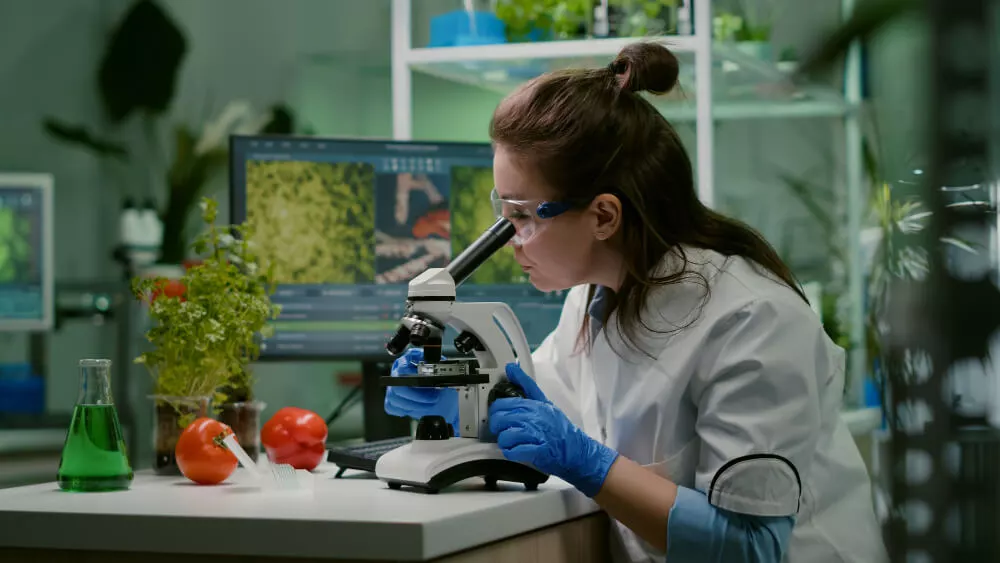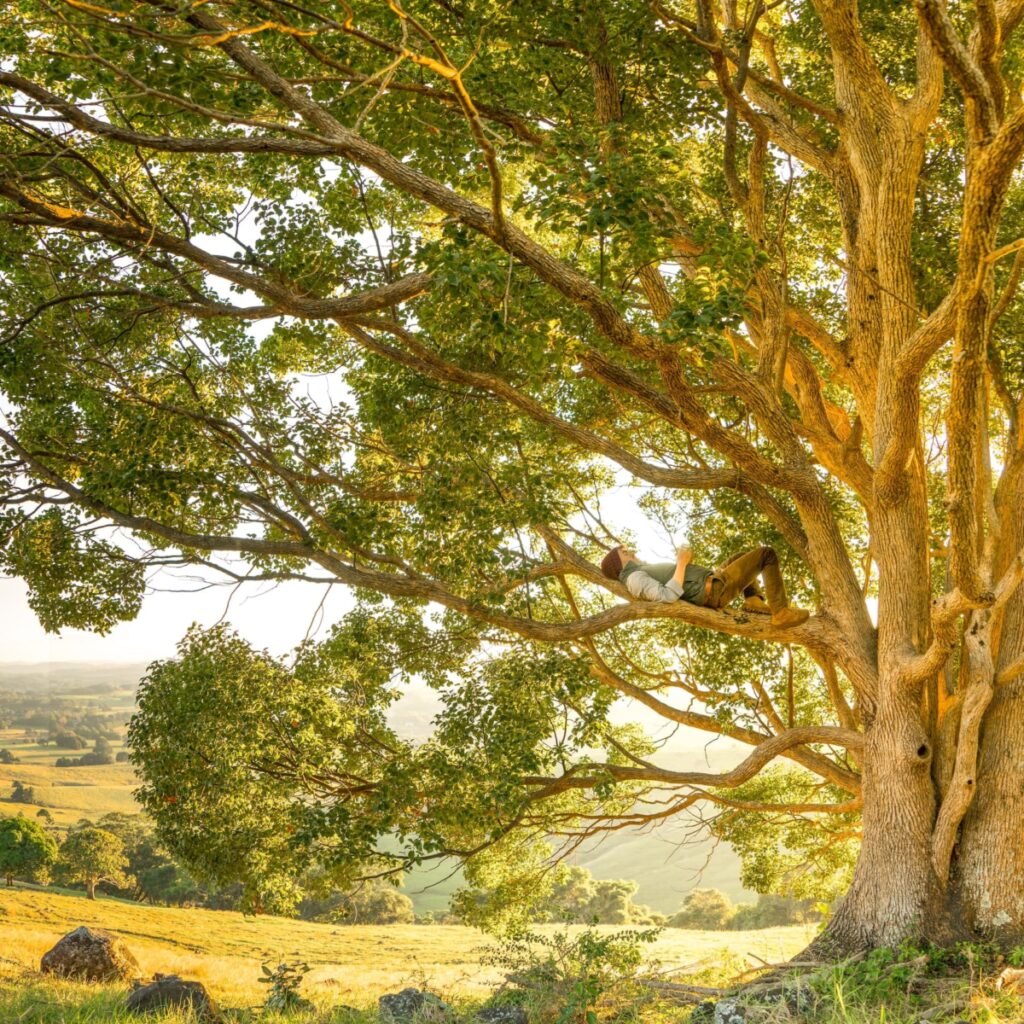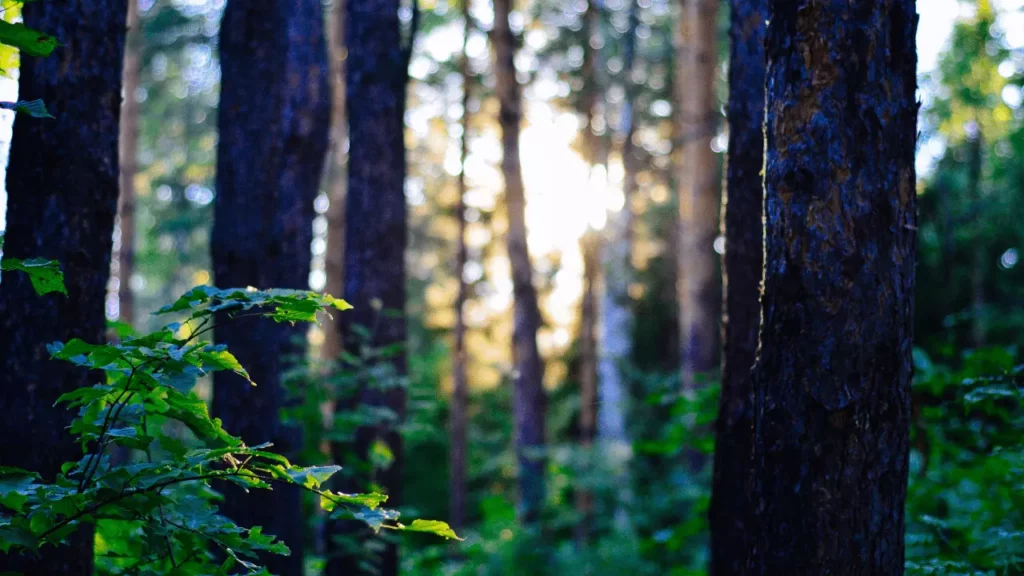The best soil for seed germination is a well-drained, loose soil with a high organic matter content. The ideal pH for most seeds is between 6.0 and 7.0. Seeds will germinate more rapidly in warm soils, so it is often helpful to preheat the planting bed before planting.
If you’re looking to get your garden started off on the right foot, it’s important to choose the best soil for seed germination. Seed-starting mix is a lightweight, sterile option that’s designed specifically for growing new plants. It contains no weed seeds or disease pathogens, which can help your young plants get a strong start.
To ensure successful germination, it’s also important to provide plenty of moisture and warmth. A good rule of thumb is to keep the soil moist but not soggy – too much water can actually inhibit germination. You can achieve this by using a humidity dome or placing your seed tray on a heating mat.
By following these simple tips, you’ll give your seeds the best chance for success!

Credit: www.gardenbetty.com
What Type of Soil is Best for Seed Germination?
There are many different types of soil, but not all soils are equally good for seed germination. In general, you want a soil that is loose, well-drained, and nutrient-rich. A heavy clay soil or a sandy soil can be difficult for seeds to germinate in because they don’t hold moisture well or provide enough nutrients.
A loamy soil with a mix of sand, silt, and clay is ideal.
To test your soil’s drainage, dig a hole about 6 inches deep and fill it with water. If the water drains away within an hour or two, your drainage is good.
If the water takes longer than that to drain away, you may need to amend your soil with some organic matter to improve its drainage.
As far as nutrients go, most seeds don’t need much beyond what’s already present in the average garden soil. However, if you’re growing plants that are particularly demanding (such as tomatoes), you may want to add some compost or other organic matter to the planting area before planting.
This will help ensure that your plants have everything they need to thrive.
Which Soil is Best for Germination And Why?
There are many types of soils that can be used for germination, but some are better than others. The best soil for germination is loose, well-drained, and high in organic matter. It should also be sterile to prevent the spread of diseases.
A good way to test soil is to squeeze a handful of it – if it forms a ball, it’s too dense; if it crumbles easily, it’s just right.
Organic matter helps hold moisture and nutrients near the seeds, which is crucial for early growth. If your soil is low in organic matter, you can amend it with compost or other materials.
Just be sure not to use fresh manure, as this can contain harmful bacteria that will kill your young plants.
Do I Need Special Soil to Start Seeds?
No, you don’t need special soil to start seeds. You can use any type of potting mix or even garden soil. The most important thing is to make sure the soil is loose and well-draining so that the roots can easily grow and the seedlings don’t get waterlogged.
You can also add some organic matter to the soil to help provide nutrients for the young plants.
Is Potting Soil Good for Seed Germination?
There is a lot of debate over whether potting soil is good for seed germination. Some people swear by it, while others say that it’s not necessary and can even be harmful. So, what’s the truth?
To start with, let’s define what potting soil is. Potting soil is a type of growing medium that is typically made from a mix of ingredients like peat moss, perlite, vermiculite, and composted bark or wood chips. It often also contains nutrients like fertilizer to help support plant growth.
Now that we know what potting soil is, let’s answer the question: Is potting soil good for seed germination? The short answer is yes, but there are some things to keep in mind.
One thing to consider is that potting soil can be quite dense and compacted.
This can make it difficult for tiny seeds to push through and sprout. If you’re having trouble getting your seeds to germinate in potting soil, you might want to try starting them in something lighter like vermiculite or perlite instead.
Another thing to keep in mind is that potting soils often contain added nutrients like fertilizer.
This can be beneficial for plants that are already established and growing well, but for young seedlings just starting out, too much fertilizer can actually be harmful. It can burn their delicate roots and stunt their growth. So if you’re using potting soil for seedlings, make sure to water it well before planting so that the excess nutrients have a chance to leach out.
Alternatively, you could look for a sterile or “unfertilized” potting mix specifically designed for seedlings.
In general, though, potting soil is perfectly fine for seed germination – as long as you take a few things into consideration first!
Best potting mix and potting soil for starting seeds
Best Seed Starting Mix for Vegetables
If you’re planning on starting your vegetables from seed, you’ll need to find the best seedstarting mix for your needs. There are many different mixes available on the market, so it’s important to do some research before making your purchase.
The first thing you’ll need to consider is what type of plants you’re growing.
Different plants have different soil requirements, so make sure to choose a mix that will be suitable for your particular crop. For example, tomatoes need a well-drained soil, while cucumbers prefer a more moist environment.
Once you’ve chosen the right mix for your plants, it’s time to think about how much you need.
A general rule of thumb is that one part seed-starting mix should be mixed with two parts water. However, this may vary depending on the type of mix you’ve chosen and the instructions on the package.
Now that you know all about choosing the best seed-starting mix for your vegetables, it’s time to get started!
Seed Starting Potting Mix
If you’re starting your own seeds at home, you’ll need a good potting mix to give them the best chance at germination and growth. A seed starting mix is a lightweight, sterile soil that’s perfect for young seedlings. It’s usually made with peat moss, vermiculite, and perlite, which help to retain moisture and prevent compaction.
Starting your seeds in a potting mix is a great way to get a jump on the growing season. You can start your seeds indoors under lights or in a warm, sunny spot in your house. Once they’ve germinated and grown into strong seedlings, you can transplant them into your garden or containers outside.
When choosing a potting mix for your seeds, make sure to get one that’s labeled as sterile or pathogen-free. This will help to prevent diseases that could harm your young plants. You can find sterile potting mixes at most garden centers or online retailers specializing in gardening supplies.
Seed Starting Mix Vs Potting Soil
When it comes to starting your seeds, you have two main options for the type of soil mix that you use – seed starting mix or potting soil. So, which one should you choose? Here’s a look at the key differences between these two types of soil mixes to help you make the best decision for your needs:
Seed Starting Mix:
As the name suggests, seed starting mix is specifically designed for starting seeds. It is typically made up of a combination of peat moss, vermiculite, and perlite, which provides an ideal environment for seed germination.
Seed starting mix is also usually sterile, which helps to prevent disease problems.
Potting Soil:
Potting soil is a general-purpose soil mix that can be used for a variety of purposes, including planting containers and raised beds.
It is typically made up of a blend of organic materials such as composted bark or coco coir, along with inorganic materials such as perlite or vermiculite. While potting soil can be used to start seeds, it may not provide the same level of drainage and aeration that seedlings need to thrive.
How to Make Seed Starting Mix
Are you looking to start your own garden, but don’t know where to start? Seed starting mix is a great way to get your plants off to a healthy and strong start. By creating your own seed starting mix, you can control the quality of the ingredients and ensure that your plants have the best chance at success.
There are a few things to keep in mind when creating your seed starting mix. First, you’ll want to make sure that the mix is sterile. This means that it doesn’t contain any harmful bacteria or fungi that could harm your young plants.
You can achieve this by sterilizing the soil before mixing it with other ingredients.
Next, you’ll want to make sure that the mix is well-drained. Seedlings don’t like wet feet, so a well-drained mix will help prevent them from getting too much water and becoming waterlogged.
To help with drainage, you can add perlite or vermiculite to your mixture.
Finally, you’ll want to make sure that the mix is light and airy. A good seed starting mix should be loose enough that roots can easily penetrate it and reach for nutrients and water.
You can achieve this by adding peat moss or coco coir to your mixture.
Now that you know what goes into a good seed starting mix, here’s how you can create your own:
1) Start with sterilized soil.
You can do this by baking the soil in an oven at 200 degrees Fahrenheit for 30 minutes or boiling it on the stove for 10 minutes. Let it cool completely before proceeding to step 2.
2) Mix in some perlite or vermiculite for drainage purposes.
Aim for a ratio of about 1 part perlite/vermiculite to 3 parts soil by volume .
3) Add peat moss or coco coir for lightness and aeration .
Conclusion
The best soil for seed germination is a light, well-drained, and loose soil. The soil should be rich in organic matter and have a pH between 6.0 and 7.0. Seeds need oxygen to germinate, so the soil should not be too dense or compacted.
Relevant Articles
How To Measure Diameter of a Tree Without Crossing The Line
 Dr Ahsanur Rahman, PHD
Dr Ahsanur Rahman, PHD
How To Care For Young Trees With Damaged Bark
 Dr Ahsanur Rahman, PHD
Dr Ahsanur Rahman, PHD







